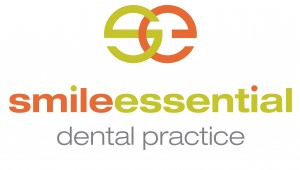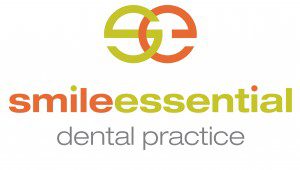
If you’ve started to notice your teeth aren’t as white as they could be maybe you need to tweak your home dental care routine. Now we’re not promising these tips will lighten your teeth by several shades. You’ll need our professional Enlighten whitening for that. But a few home tweaks could certainly help you brighten up your smile a little.
Invest in an electric toothbrush we love the Phillips Sonicare. It can help to remove surface staining which could lighten your teeth by a shade a two! An electric toothbrush is more efficient at removing the daily stains that build up on your teeth causing them to discolour.
Team your new Sonicare toothbrush with a good whitening toothpaste. Now don’t be confused whitening toothpastes don’t whiten your teeth. They do, however, help to remove some surface staining. We recommend using a reputable brand such as Colgate Total whitening. Whitening toothpaste and polishes should be used caution. Some toothpaste are too abrasive and could actually damage your teeth if used too frequently or you use a particularly harsh paste.
Watch your diet! It isn’t just teas, coffees and red wines that stain teeth. There are many drinks and foods that can stain your teeth. Juices such as blackcurrant, currys, fruit teas, beetroot juice, green tea, balsamic vinegar and tomato sauce. The best way to avoid your teeth discolouring is to eat only white foods! But seriously, life is for living! One way to have your cake and eat it (please don’t eat too much cake it really is bad for your teeth) is to drink water with limit stain-causing foods and keep up with the Sonicare and toothpaste.
Clean between your teeth. Clean teeth are bright teeth. Plaque has a yellow appearance and if you’re not following a vigorous oral health regime you may be leaving some plaque behind.
All of these tips will help to keep your teeth white and in tip-top condition. However, if you want to lighten your teeth by several shades then you may want to have a look at our professional whitening. This is a two week home whitening programme using customised whitening trays and an in-office laser whitening treatment at the end of the whitening course. Your teeth will achieve the lightest shade on our natural tooth shade guide – B1 and that’s guaranteed.
Whitening Your Teeth at Home Summary
The safest way to keep your teeth white at home is to remove daily staining by using a good electric toothbrush, a whitening toothpaste and avoid stain-causing foods and drinks. If you would still like whiter teeth than maybe it’s time to try professional tooth whitening.






